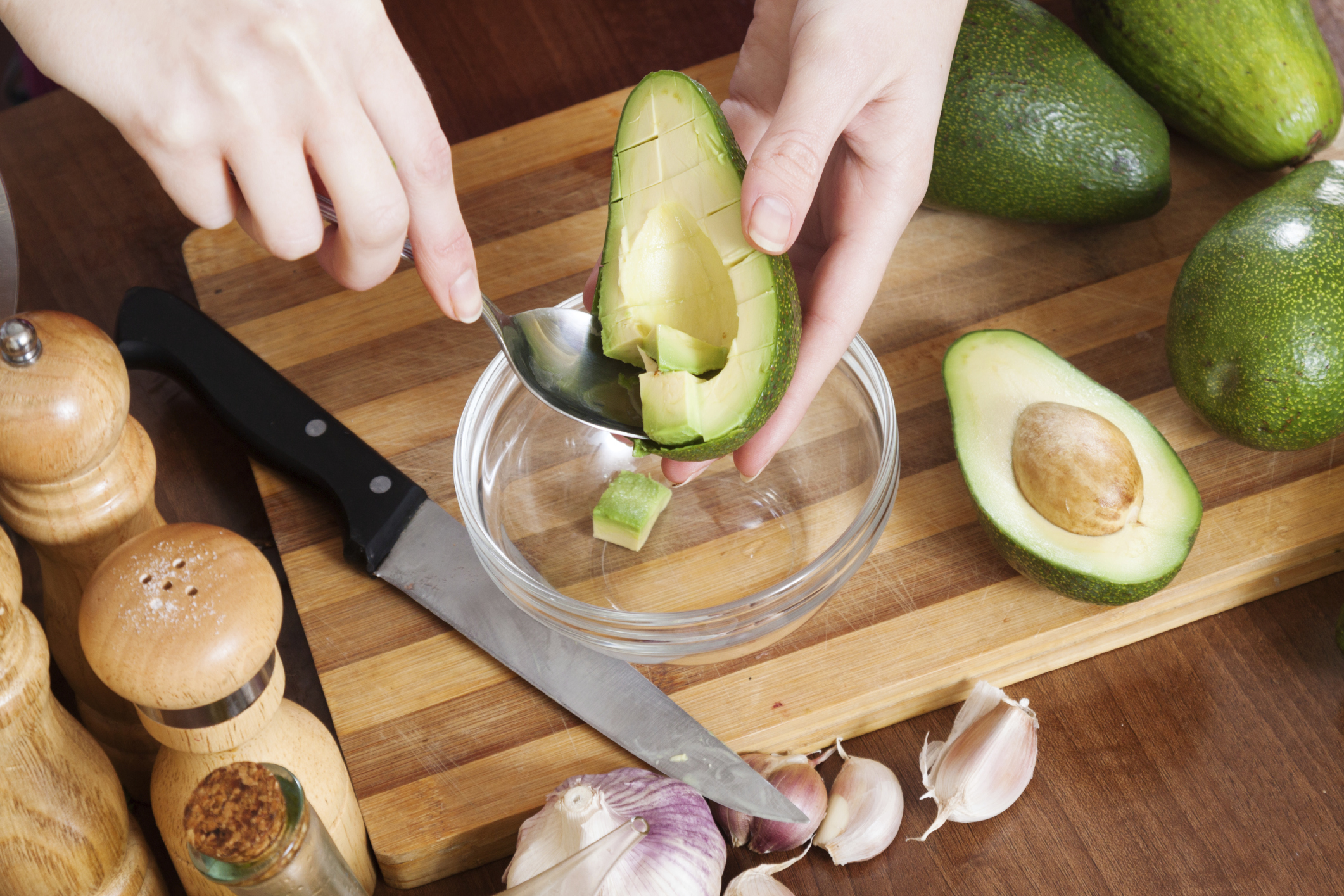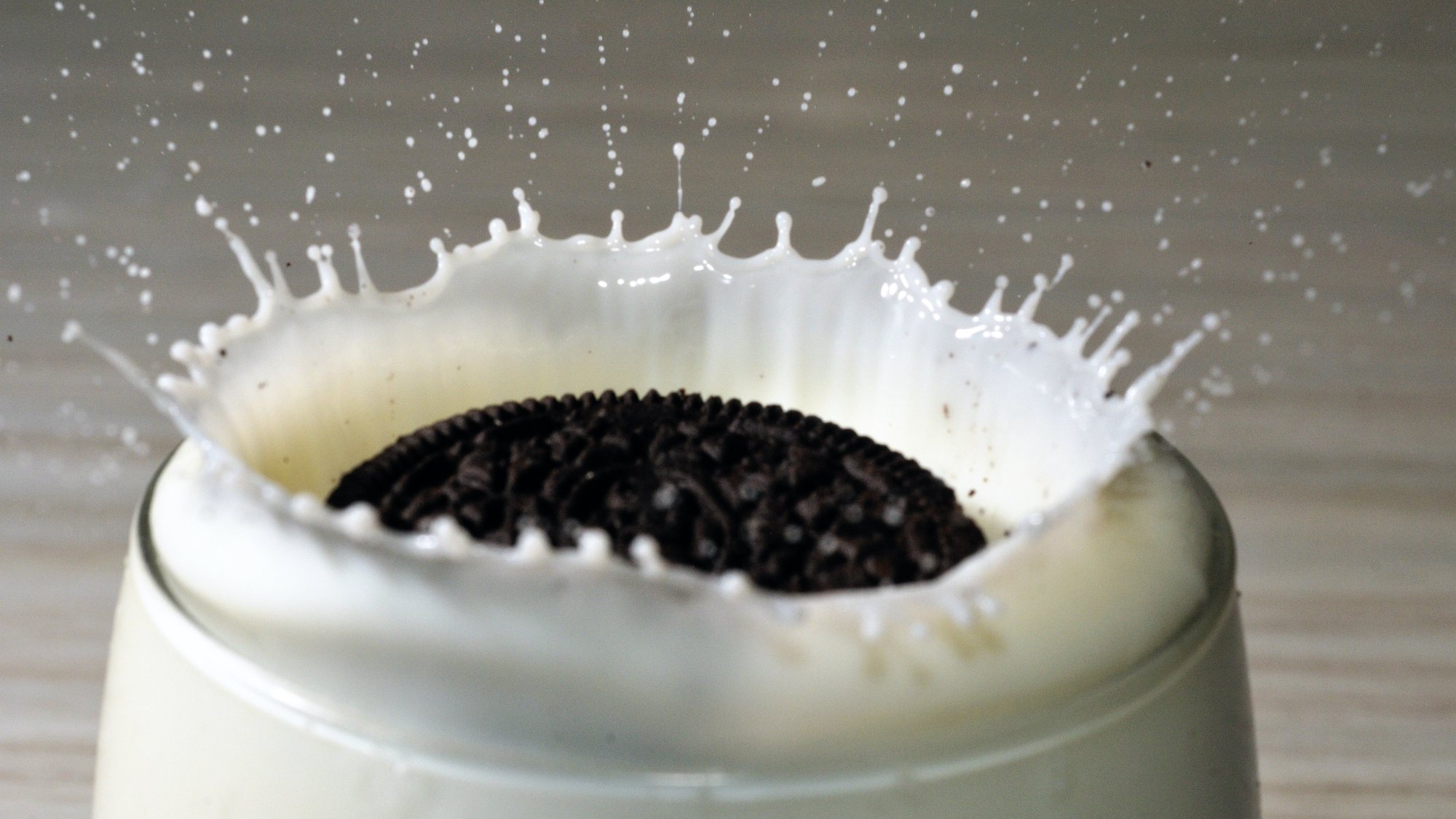Eating Fatty Food Actually Lowers The Risk Of Obesity?
— FACT OR FAKE?
Ask anyone and chances are the person will tell you that eating food with more fat makes you fat. However, that's not that case. It seems that what usually seems obvious often turns out to be wrong.
For example, contrary to the age-old popular belief, exercising or working hard during pregnancy is actually good for women:
So, why do so many people believe that fat is bad for you and causes heart attacks? As Mark Hyman, an American physician and New York Times best-selling author explains in his HuffPost column:
"This all started in the Dr. Key’s Seven Countries Study decades ago that examined heart risk based on lifestyle and dietary habits. He found that in the countries where people ate more fat -- especially saturated fat -- there were more cases of heart disease, and he concluded that the fat caused the disease.
But here’s the problem with this study: Correlation is not causation. Just because both fat intake and heart disease were higher among the same population doesn’t mean the heart disease was caused by the fat consumption. Because of studies like this, we became sidetracked into believing that saturated fat causes heart disease. But in fact, we're now learning that sugar is the true culprit, not fat."
Just because fat goes into our body doesn't mean it stays there. As Dr. Carly Stewart, medical expert at Money Crashers, explains:
"Eating fatty foods does not make you fat. Fat in moderation is a necessary part of any healthy and balanced diet. Putting on more weight in the form of fat is a result of energy imbalance. You will gain weight if you take in more calories than you burn. Fat is a concentrated source of calories, but it is not necessary to eliminate fat from your diet completely."
 lifehacker.com
lifehacker.com
Andy Bellatti, a dietitian, agrees with Dr. Stewart, while providing a little context as to why people might look at fat as a problem:
"Sheer lunacy. Whole-food fats (nuts, seeds, avocado) are satiating and help you feel fuller for a longer period of time. You can't put French fries and almonds in the same category simply because both are 'high in fat.'"
Foods like french fries don’t fill you up. They also don’t contain other useful nutrients like foods with good fats (like the ones Bellatti mentioned).
 lifehacker.com
lifehacker.com
Moreover, a review of all the research on saturated fat published in the American Journal of Clinical Nutrition found there was no correlation between saturated fat and heart disease. Similarly, an editorial in the British Journal of Medicine argues the same point and shatters the myth that fat causes obesity and heart disease.
Also, as this Quartz article notes, while effectively making the case for whole milk, our body needs fat to absorb vitamins A and D.
Vitamin A, which benefits your skin, vision, teeth, soft tissue, and mucus membranes, naturally occurs in whole milk, but when the fat is removed, most of the vitamin A content goes with it. Skim, 1%, and 2% milks are now fortified with synthetic vitamin A to bring them back up to whole milk’s level—but still, without the fat, the vitamin A won’t do you much good.
Lower-fat milks have a similar problem with vitamin D, which does not occur naturally in milk, but has been added in in the US since the 1930s to promote bone health. You can get vitamin D by spending time in the sun, but depending on your season and location, you might not be getting sufficient amounts. You can supplement your intake with milk, of course, but vitamin D is also fat soluble—no fat, no benefit—so a glass of skim on its own makes for a poor delivery mechanism.
So the fact is that fat won't actually make you fat, unless you eat too much of it. You know, like anything else. You have to beware of fat free, as well, as it often actually contains fat and adds quite a bit of sugar. Instead eat good fats. Here are few good sources of fat:
1. Avocados.
2. Nuts -- walnuts, almonds, pecans, macadamia nuts, but not peanuts (one recent study showed a handful of nuts a day reduced death from all causes by 20 percent).
3. Seeds -- pumpkin, sesame, chia, hemp.
4. Fatty fish, including sardines, mackerel, herring, and wild salmon that are rich in omega-3 fats.
5. Extra virgin olive oil (a large study showed that those who consumed 1 liter a week reduced heart attacks by 30 percent).
6. Enjoy grass-fed or sustainably raised animal products.
7. You can even eat saturated fat like extra virgin coconut butter, which is a great plant-based source of saturated fat that has many benefits. It fuels your mitochondria, is anti-inflammatory, and it doesn't cause problems with your cholesterol. In fact, it may help resolve them.

